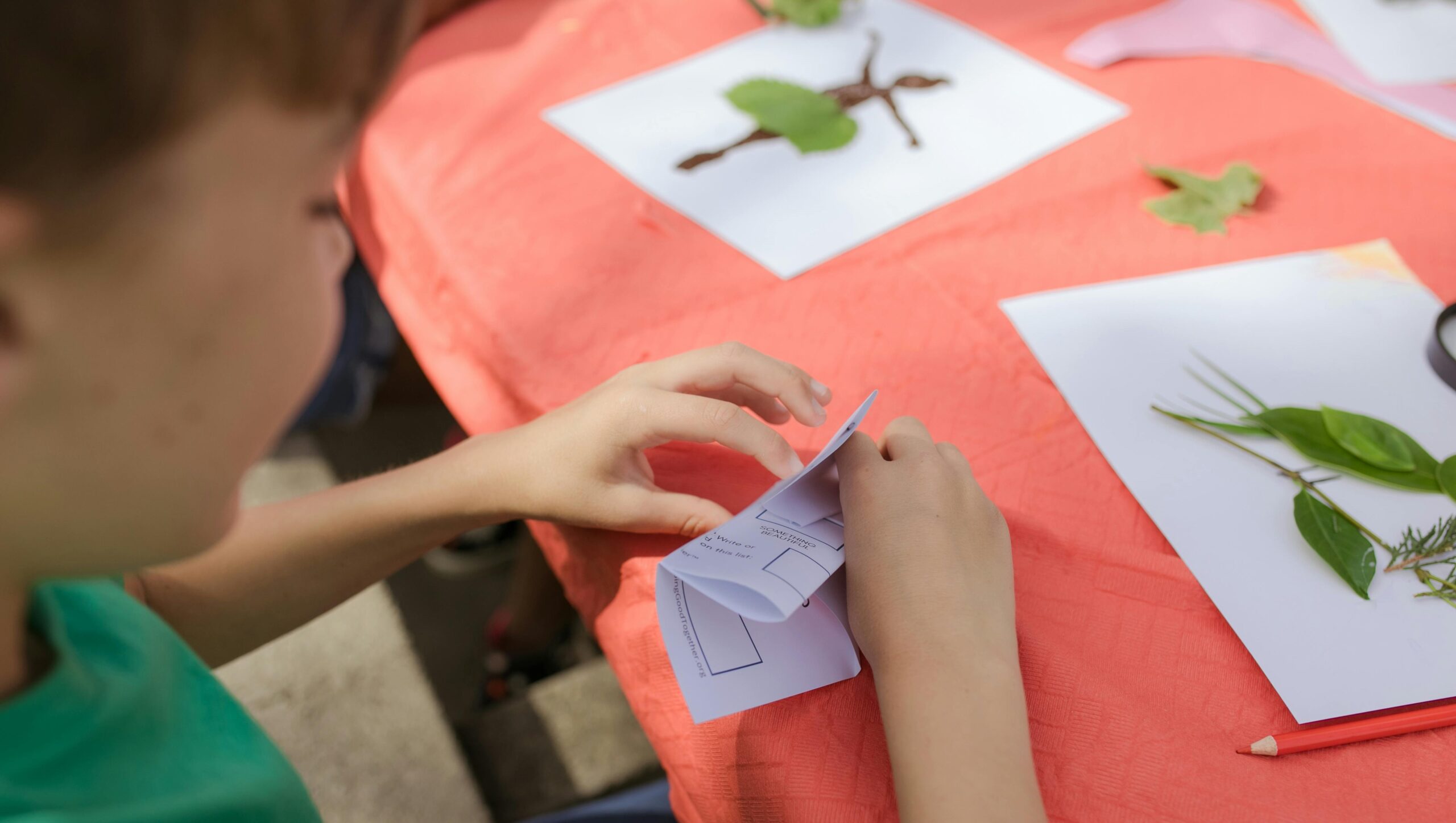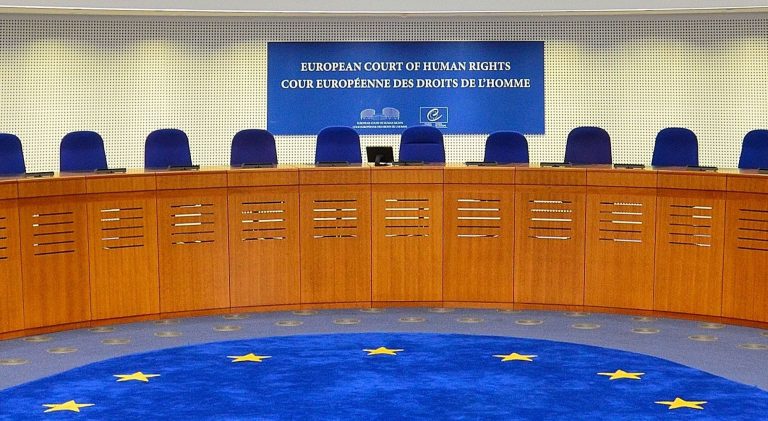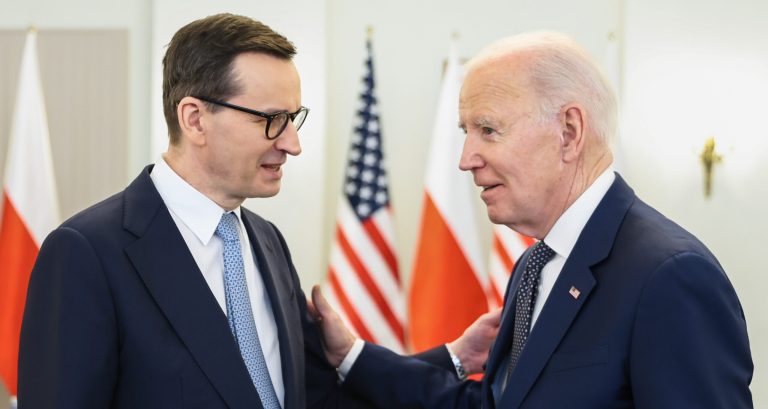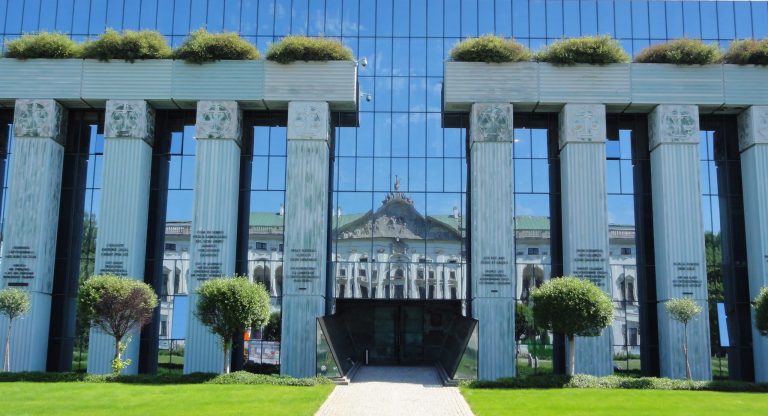Polish region launches climate education programme for primary schools

The Polish province of Silesia – famous for its coal mining and heavy industry – is launching a programme to integrate climate and environment education into the primary school curriculum. The national government is also working on a similar scheme that would be introduced across Poland.
The project in Silesia is being run by the provincial authorities in cooperation with researchers from the University of Silesia in Katowice and will involve 16 schools in the region in an initial pilot phase.
Climate and environment will not be taught as a new, separate subject, but instead woven into the teaching of all existing subjects. It will focus on the four elements, water, fire, earth and air.
Edukacja klimatyczna wprowadzona zostanie w klasach 1-3 oraz 5-7, a jej motywem przewodnim będą cztery żywioły – woda, ogień, ziemia oraz powietrze.https://t.co/8lxRK1vwQ8
— Energetyka24 (@Energetyka_24) September 5, 2024
“Each of these elements opens up new areas of conversation about environmental problems,” says University of Silesia. ” For example, we will talk about water in the context of drought, torrential rains, melting glaciers, rising sea and ocean levels, the flooding of coastal areas, and climate refugees.”
Magdalena Ochwat, the project coordinator at the university, said that, for example, “during math classes, we can calculate how much water we need to make jeans”, reports the Polish Press Agency (PAP). “It forces us to think and take some action.”
She added that the topic of biodiversity could be addressed during Polish lessons through the reading of Pan Tadeusz – an epic poem by renowned 19th century writer Adam Mickiewicz – which describes the biodiversity of Lithuanian forests. Students could then compare that to how the forests look today.
Sorry to interrupt your reading. The article continues below.
Notes from Poland is run by a small editorial team and published by an independent, non-profit foundation that is funded through donations from our readers. We cannot do what we do without your support.
The provincial authorities are looking for 16 schools to take part in the pilot project. Around 70 teachers will be given training to “equip them with climate and environmental competences that will support them in implementing the educational programme”.
Ochwat said that teachers will not have to learn new content but will instead be shown how to “smuggle in” climate topics and combine them with the knowledge used in lessons.
Her university hopes that, thanks to the programme, “Silesia is becoming a pioneer in the field of climate and environmental education in Poland”.
Poland has been rated as the EU’s least green country in a new ranking.
The EU-funded study takes into account the state of the environment, its effects on quality of life, and efforts to address climate issues https://t.co/hKyeucSzBl
— Notes from Poland 🇵🇱 (@notesfrompoland) November 5, 2022
Last week, the national education minister, Barbara Nowacka, announced that her department is preparing similar plans in cooperation with the environment ministry.
“We are working on elements of climate education that will be included in almost every subject,” Nowacka told PAP, adding that they aim to introduce the programme next year but, if not, then “definitely in 2026”.
In 2022, Poland was ranked as the European Union’s least green country in an EU-funded study. The authors pointed to the country’s air pollution, loss of vegetation and poor water quality, while also noting that there was little effort by the authorities to tackle such issues.
At the end of 2023, a new government came to power that promised to introduce stronger climate and environment policies, including reducing logging, creating new national parks, taking better care of waterways, and investing in renewable energy.
„My generation was wrong on climate protection,” admitted opposition leader @donaldtusk while unveiling his party’s new environmental policies.
They include phasing out coal more quickly than planned by the current government and reducing logging https://t.co/p6KdZweCqJ
— Notes from Poland 🇵🇱 (@notesfrompoland) November 25, 2022
Main image credit: RDNE Stock project / Pexels

Alicja Ptak is senior editor at Notes from Poland and a multimedia journalist. She previously worked for Reuters.






